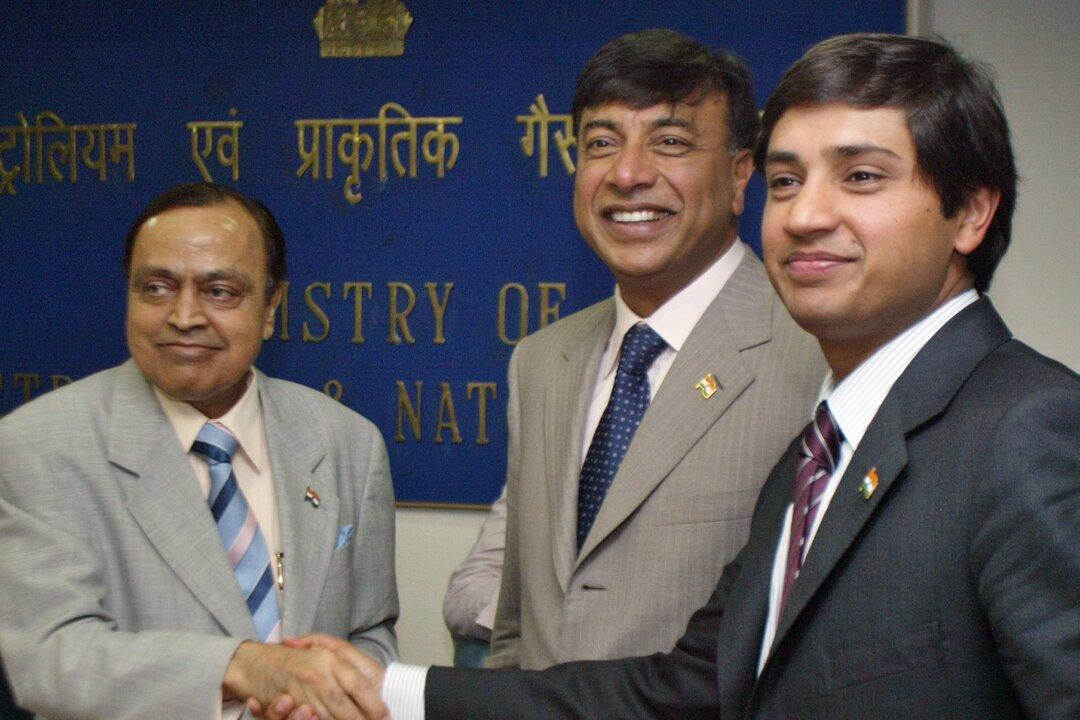ArcelorMittal, the world’s largest steelmaker, has abandoned plans for an $8.5 billion steel plant in eastern India in the second major blow this week to the government’s efforts to lure foreign investment.
The company said Wednesday it decided to scrap the steel plant in Orissa state after a seven year delay in acquiring land. Its decision came a day after South Korean steel giant Posco dropped plans for a steel plant in southern Karnataka state.
ArcelorMittal said the failure of the state to allocate iron ore fields and delays in land acquisition meant the project was no longer viable.
The global steel industry is also suffering from slower growth in demand as Europe remains in recession and the economies of India and China have cooled.
The company’s decision is a setback for the Indian government, which had been trying to woo foreign investment to spur a slowing economy. India’s Finance Minister Palaniappan Chidambaram was in Washington D.C. last week making a strong pitch for investment in India.
ArcelorMittal and the Orissa government signed an agreement in 2006 to produce 12 million metric tons (13.2 million U.S. tons) of steel a year with iron ore to be mined locally.
ArcelorMittal officials met with the state’s top bureaucrat Wednesday to inform him of the company’s decision. The project also had involved building a power plant to serve the steel facility.
“Over the last seven years we have invested considerable resources into this project. However, the delays relating to land acquisition and allocation of captive iron ore blocks means this project is no longer viable,” said Vijay Bhatnagar, CEO of ArcelorMittal’s India and China businesses.
The company, however, said it would go ahead with two other projects in Jharkhand and Karnataka states.
Difficulties in getting environmental clearances, bureaucratic delays and conflicts between state governments and local communities over land ownership have made India unattractive for companies planning large capital-intensive industrial investments.
Despite shelving its Karnataka plans, Posco on Tuesday said it would go ahead with a separate $12 billion steel plant in Orissa, which is India’s biggest foreign investment ever. That project too has been hit by snags in getting environmental clearances and land.
The government on Tuesday further eased restrictions on foreign ownership in several industries, part of its efforts to pull Asia’s third-largest economy out of a downward spiral of declining demand, high interest rates and a weakening rupee.
The withdrawal by the two steel companies was a reflection of a decline in the global demand for steel, said A.S. Firoz, an Indian steel expert.
“China is slowing down. In India, demand is down. This is not the best time for steel companies to feel greatly confident. Slowing demand makes it difficult for companies to mobilize funds,” Firoz said. “The investment climate is bad everywhere. And in such a situation, companies will take a cautious approach in a high capital costs industry.”





